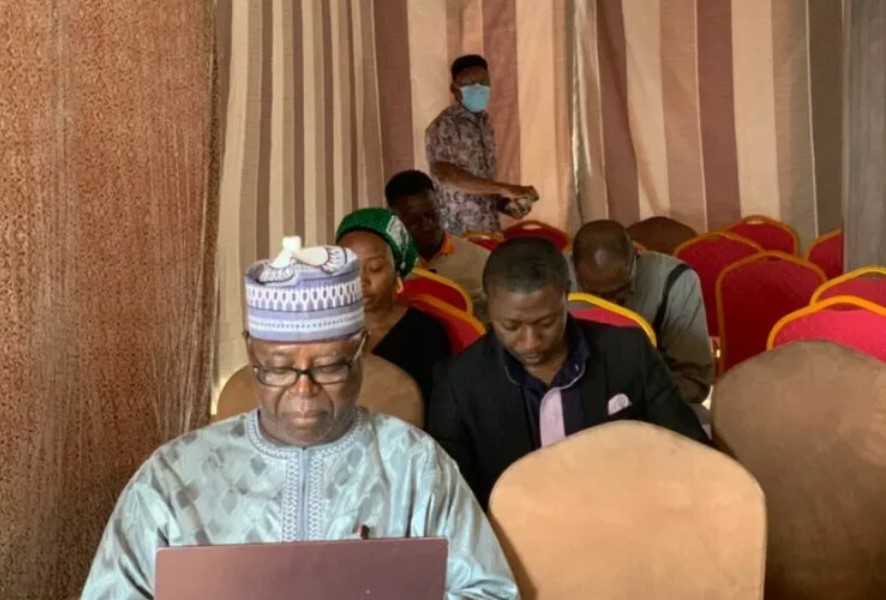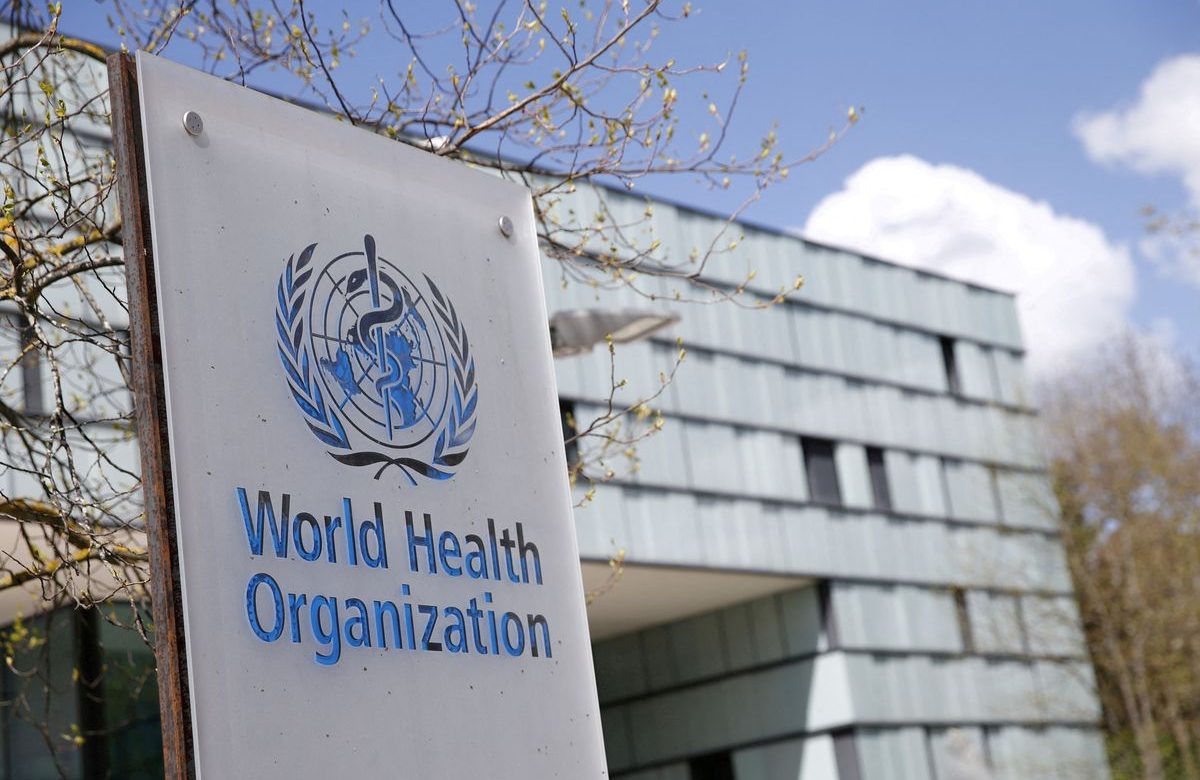
Experts, CSOs Discuss Vaccine Production In Africa (LIVE UPDATES)
- Health SectorInternational NewsPharmaceutical
- No Comment
- 212
A symposium to discuss immunisation and investment in vaccine production in Africa holds today in Abuja.
Health experts, government officials, civil society organisations, and international partners are expected to be present during the one-day high-level event with the theme; “Equitable Vaccines Access: Resilient Communities.”
The symposium is organised by the West African Institute of Public Health (WAIPH) with support of the Partnership for Advocacy in Child and Family Health @scale (PACFaH@Scale/PAS) and other partners to mark the African Vaccine Week (AVW).
AVW is an annual event celebrated during the last of week of April with the aim of promoting the use of vaccines to protect Africans from preventable diseases.
The organisers said the event is aimed at finding solutions to challenges of vaccine production and supply chain situation in the region. The event will also touch on issues around vaccine hesitancy and poor awareness affecting vaccine acceptance in many parts of Africa.
Africa, a continent of over 1.2 billion people and 54 countries produces only one per cent of vaccines it administers. This is even as the continent accounts for large percentage of deaths from vaccine-preventable diseases.
This situation made the Africa Centre for Disease Control and Prevention launch a partnership for African vaccine manufacturing in April 2021. The partnership aims to build capacity across the continent so that by 2040, at least 60 per cent of all vaccines used in the region will be produced in African nations.
Today’s symposium promises to track progress made in vaccine manufacturing and production across the continent.
The events also presents opportunities for participants to look at the partnerships by African governments and CSOs in advancing indigenous vaccine production in Africa.
2:59p.m: Closing remarks
2:19p.m: Question and Answer session:
2:05 p.m: Juliana Aribo, the national team lead for the Legislative Initiative for Sustainable Development (LISDEL), speaks on the role of Nigeria’s parliament towards advancement of vaccine production. She explains how her organisation is galvanizing support for Universal Health Coverage (UHC) by mapping the legislators as the relevant stakeholders.
By Nike Adebowale and Ebuka Onyeji
https://www.premiumtimesng.com/health/health-interviews/526205-experts-csos-discuss-vaccine-production-in-africa-live-updates.html



